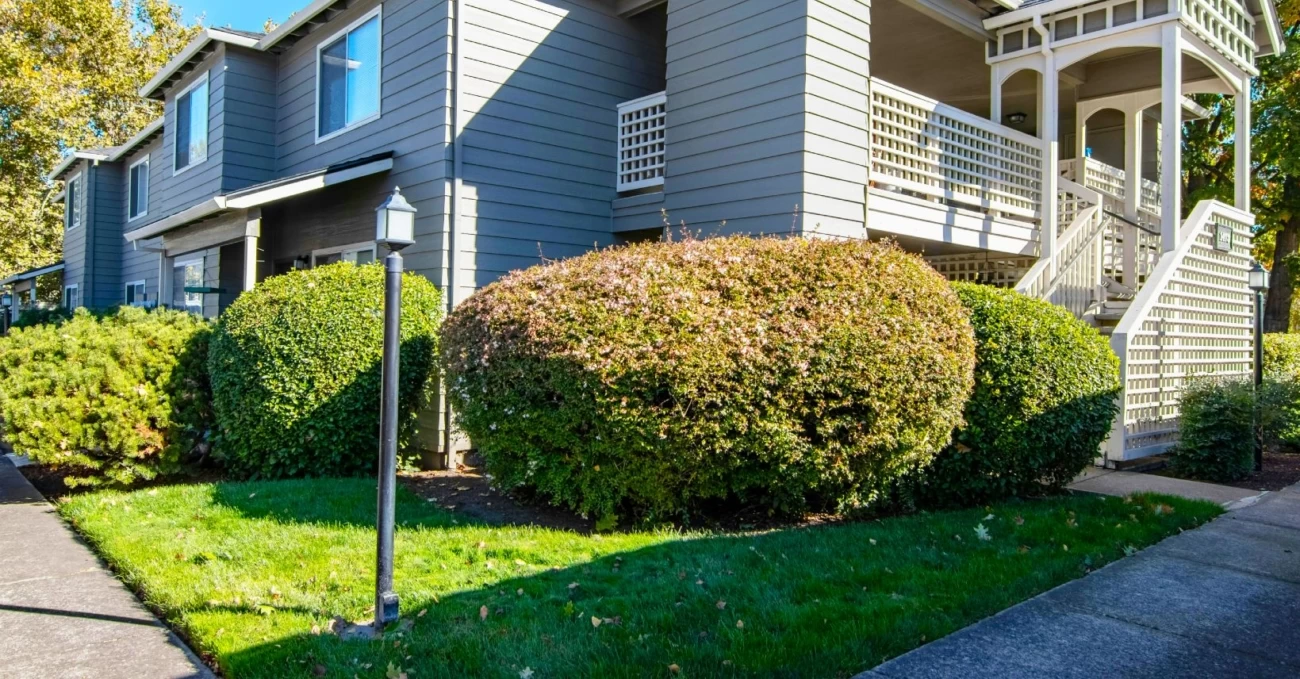
The Role of Property Management in Real Estate Success
When people talk about real estate investing, they often focus on the excitement of buying properties, calculating returns, and watching values rise. But one critical factor that can determine whether your investment thrives or fails is property management. Good property management goes beyond collecting rent — it’s about ensuring your investment remains profitable, your tenants are happy, and your property retains its value over time.
Why Property Management Matters
Imagine you’ve just purchased your first rental property. You’ve run the numbers, everything looks good, and you’re ready to sit back and enjoy the cash flow. But then reality sets in — tenants call about repairs, late rent becomes an issue, and the lawn isn’t being maintained. Suddenly, instead of passive income, you’re managing a second job.
This is where property management makes all the difference. A well-managed property runs smoothly, reducing stress and preserving your time so you can focus on growing your portfolio rather than putting out fires.
What Does a Property Manager Do?
Property managers wear many hats. Their responsibilities typically include:
-
Tenant Screening – Selecting reliable tenants is crucial. Managers handle background checks, credit evaluations, and rental history reviews to minimize the risk of late payments or property damage.
-
Rent Collection – Timely rent payments are the foundation of cash flow. Property managers enforce leases and handle delinquencies, sparing you from awkward or difficult conversations.
-
Maintenance & Repairs – From leaky faucets to major plumbing issues, property managers coordinate repairs promptly, preventing small problems from becoming expensive disasters.
-
Legal Compliance – Rental laws can be complex, covering everything from security deposits to eviction procedures. A good property manager ensures you stay compliant and avoid legal trouble.
-
Tenant Relations – Happy tenants are more likely to renew leases. Managers serve as the point of contact, addressing concerns and building positive relationships.
The Costs vs. Benefits
Of course, professional property management isn’t free. Most companies charge between 8–12% of monthly rental income, plus additional fees for leasing or maintenance coordination. At first glance, this may seem like a hefty cut into your profits. But when you factor in fewer vacancies, higher tenant retention, reduced legal risk, and more efficient operations, the cost often pays for itself.
Think of it this way: losing one month’s rent because of a bad tenant or prolonged vacancy can easily exceed an entire year’s management fee.
When Should You Hire a Property Manager?
Not every investor needs professional management right away. If you own one property close to home and have the time to handle it yourself, self-management might work. But once your portfolio grows, or if your properties are located in different cities, hiring a property manager can be a game-changer.
It’s also worth considering if you value your time highly. If you’re busy with a career, family, or building other investments, outsourcing management may be the smarter move.
Final Thoughts
Property management is one of the most underrated aspects of real estate investing. While buying a property might feel like the “big step,” how you manage it will determine whether it’s truly successful. A reliable property manager can turn real estate into a truly passive income stream — freeing you from day-to-day hassles while maximizing your long-term returns.


